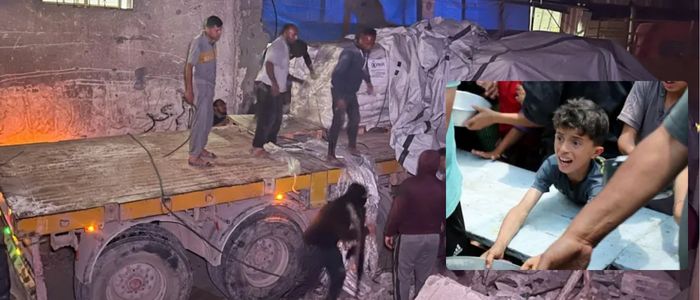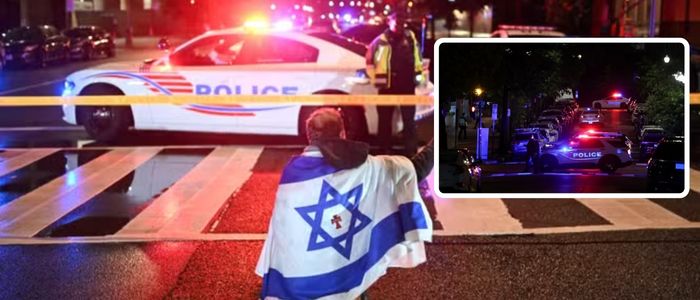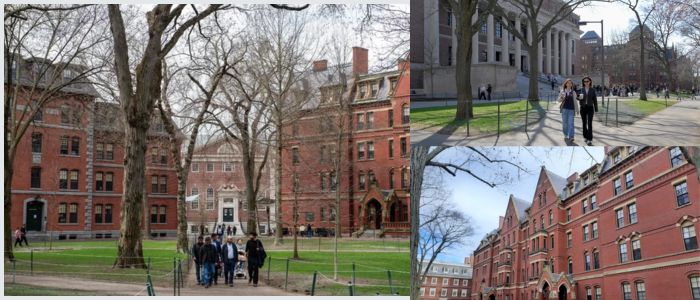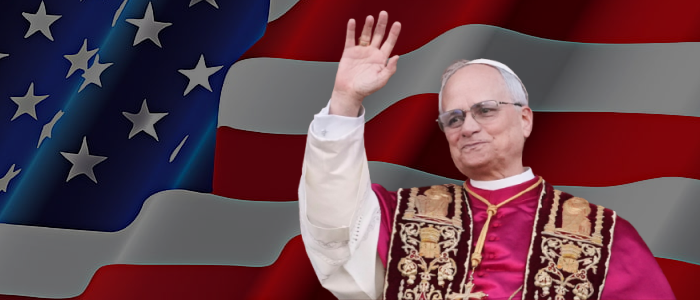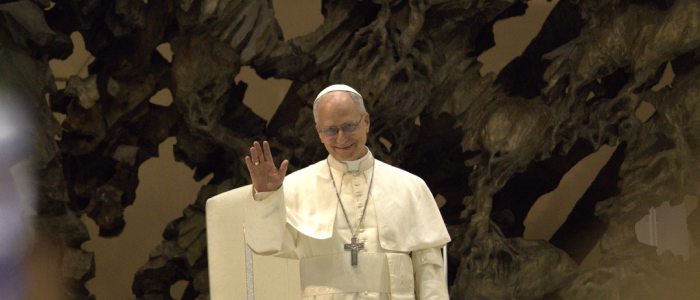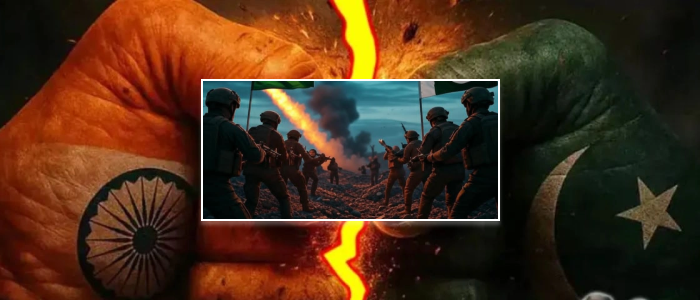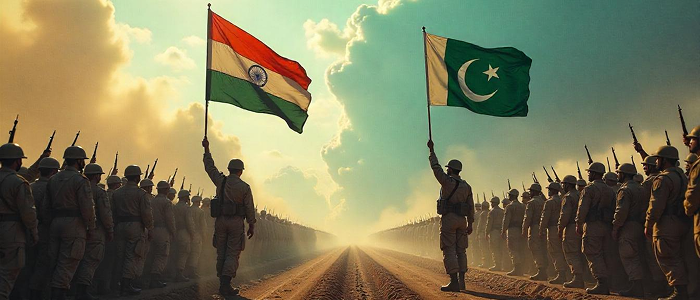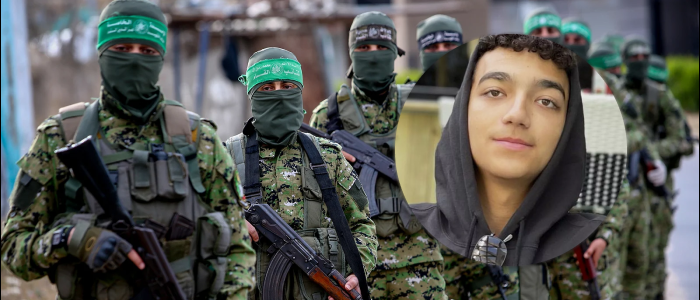Pride and Criticism
Van Vuuren, who has over a million social media followers, believes those who left are not refugees, but opportunists.
"They've already enjoyed more than their fair share of South Africa's resources and privileges. They are not escaping persecution," he said.
He acknowledged that some Afrikaner farmers face real dangers, especially with high crime rates and new land reform laws. Earlier this year, South Africa passed a law allowing land seizures without compensation when deemed in the public interest. White South Africans, who make up just 7% of the population, still own about half the country's farmland.
However, Van Vuuren says this debate only strengthens his resolve to contribute to South Africa's future. "This is my home, where my roots are. I want to be part of building our country."
Voices Seeking Refuge
Not all white South Africans share that optimism. Ilse Steenkamp (not her real name), a 47-year-old former commercial farmer, is among those applying for Trump's refugee program. Her family lost their farm after it was taken over by land invaders, making it impossible to sell.
She said the government failed to help them, and court actions were ineffective. "This was the final straw," she said. "You try to ignore the crime, but eventually it becomes too much."
Steenkamp rejected criticism that Afrikaners don't qualify as refugees, insisting farmers face hatred and violence. "Anyone who's experienced these attacks and feels unsafe should be treated as a refugee," she said.
Sam Busà, a 60-year-old white South African of English descent, also applied for resettlement. She runs a platform called Amerikaners, providing information to white South Africans interested in Trump's offer. She and her sons are still waiting for interviews.
According to new U.S. guidelines, applicants must be South African, belong to a racial minority (such as Afrikaners), and demonstrate past persecution or a fear of future persecution.
Busà said that even without war or traditional conflict, Afrikaners face emotional trauma and uncertainty. "It's about losing hope for the future. That's also a form of suffering," she said.
Leaders and Experts Respond
The arrival of 59 Afrikaners in the U.S. sparked backlash in South Africa. President Cyril Ramaphosa called their departure a "cowardly act" and said they were unwilling to embrace the country's democratic changes.
Van Vuuren agreed, saying that portraying Afrikaners as persecuted victims is misleading. "Yes, crime exists, but it affects everyone. We need to avoid generalizing."
Dr. Piet Croucamp, a political studies professor and fellow Afrikaner, also dismissed the refugee claims. "South Africa doesn't persecute its people," he said. He acknowledged that some applicants may feel unsafe but emphasized that most Afrikaners are staying.
Even right-wing Afrikaner groups such as AfriForum and the Solidarity Movement have stated they will not leave. While they criticized government policies, they reaffirmed their commitment to building a future within South Africa.
AfriForum said the government was partly to blame for the group's departure but insisted, "We're staying and working toward a better future for Afrikaners here."
Van Vuuren echoed this belief. "Some may choose to leave, but the majority of us are here to stay—invested in making South Africa a better place for everyone.
Stay informed with Newsbuck – your go-to source for global news, trends, and updates across tech, health, politics, and more. Trusted stories, delivered fresh. Explore more on Newsbuck!




